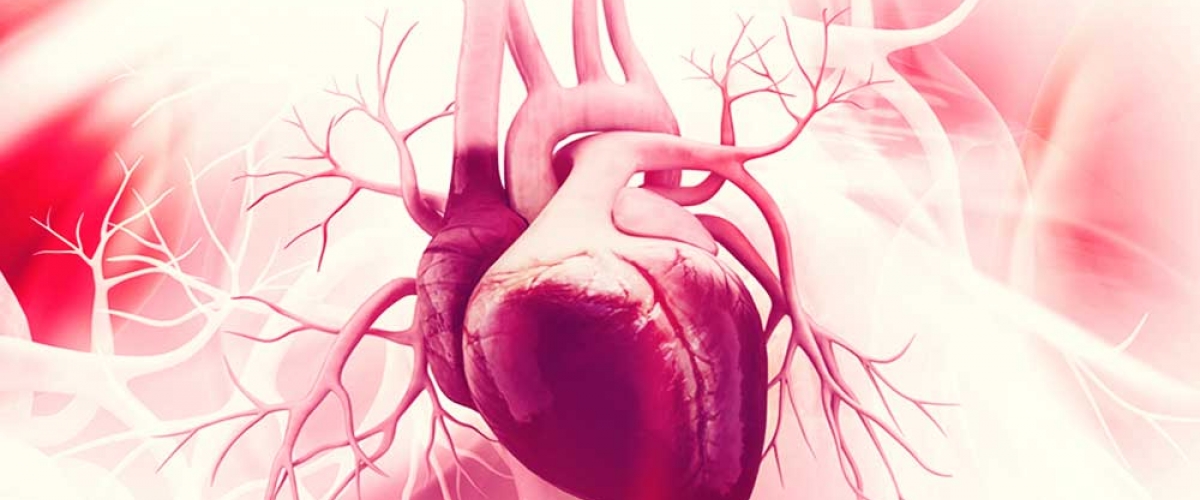In the second episode of this two part series, Dr Mark Donohoe returns to discuss treatment considerations Postural Orthostatic Tachycardia Syndrome, or POTS.
What is ubiquinol? How do we make it? What are the food sources and how does it work in the body?
Studies indicate that low levels of the thyroid hormone fT3 are associated with poorer outcomes in patients with cardiovascular disease and may be a useful risk analysis tool in this population.
This meta-analysis is one of the first to use blood biomarkers instead of self-reported consumption to determine benefit to coronary heart disease risk.
Magnesium comes in a variety of forms - knowing which one to apply clinically will mean the difference between a mediocre outcome and a meaningful one!









